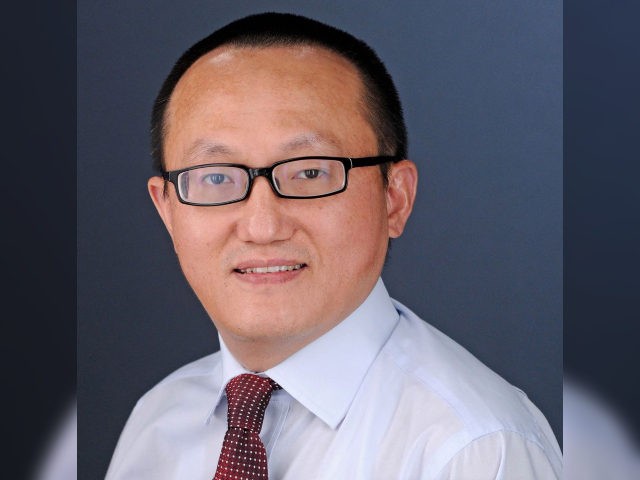A federal jury found a former University of Kansas professor, originally from China, guilty of concealing his connections to the Chinese government.
In a press release, the Justice Department (DOJ) announced that 50-year-old Feng “Franklin” Tao conducted federally funded research at KU while intentionally hiding his employment at a government-affiliated university in China. Tao, of Lawrence, Kansas, was convicted Thursday on three counts of wire fraud and one count of making false statements.
Court documents and trial evidence state that Tao, a full-time professor at KU, accepted a position as Changjiang Scholar Distinguished Professor with the Chinese Fuzhou University in 2018, the DOJ said. “The position’s guidelines required him to be a full-time employee of Fuzhou University,” the release noted.
“The Kansas Board of Regents (KBOR) required faculty to file annual reports to notify of any outside employment that did or could impact duties as a conflict of interest,” the DOJ said. Tao failed to seek permission from KU before accepting the position, never notified the school after becoming employed by Fuzhou University, and lied to keep it under wraps, the release noted.
“In December 2018, the defendant moved to China to work full-time at Fuzhou University, while falsely telling KU administrators that he was in Europe,” according to the DOJ. While working at Fuzhou University, Tao – a chemical engineer, according to Science Insider – recruited staff to the university and established a laboratory, the Associated Press noted.
While at Kansas University, Tao – who moved to the U.S. from China in 2002, per the AP – worked on research contracted by the Department of Energy (DOE) and the National Science Foundation (NSF) and caused the university to submit reimbursement requests for grant-associated expenditures to the DOE and NSF that totaled in the hundreds of thousands of dollars, the release said. Moreover, “Tao repeatedly certified electronic documents indicating he read and understood the federal government and KU’s policies and that he had made all necessary disclosures.”
Tao could receive up to 20 years in prison and a $250,000 fine for the count of wire fraud while also facing up to 10-year sentences and fines of up to $250,000 for each program fraud count. Though Tao was convicted, the defense submitted a motion for dismissal that U.S. District Court Judge Julie Robinson is considering, the Associated Press reported. She requested written arguments from the defense and prosecution Monday as the trial continued.
Tao’s case stems from the China Initiative, which was “created in 2018 to crack down on trade secret theft and economic espionage,” the Associated Press reported.
Assistant Attorney General Matthew Olsen renamed the initiative the “strategy for countering nation-state threats” in February, stating the name the “China Initiative” had negative connotations toward scientists in the U.S. who have a Chinese heritage, Science Insider noted.

COMMENTS
Please let us know if you're having issues with commenting.